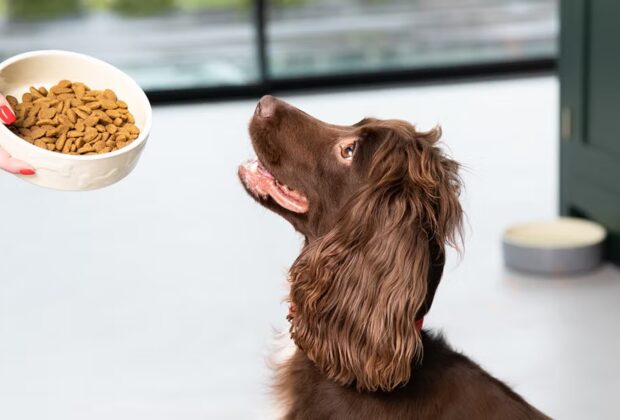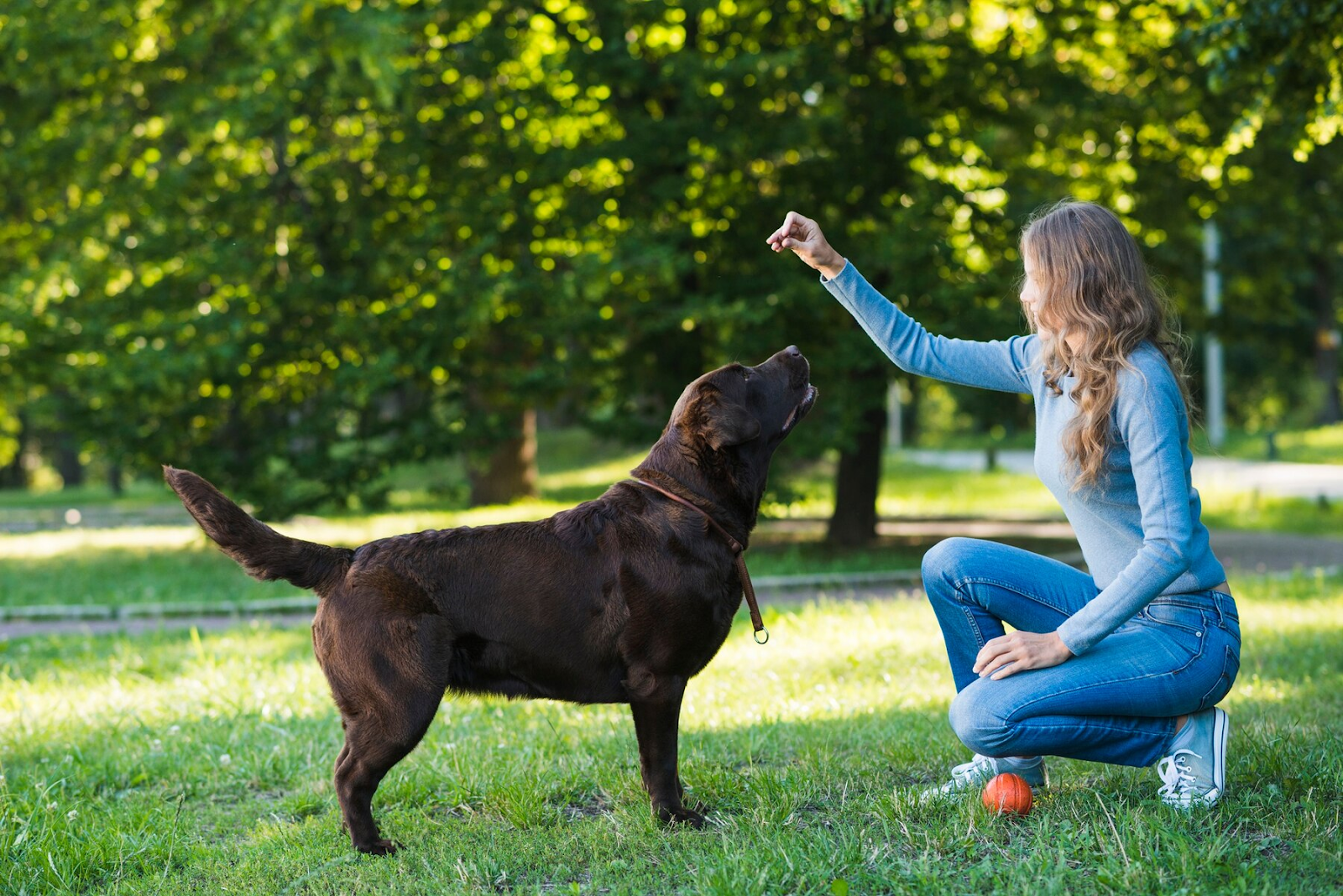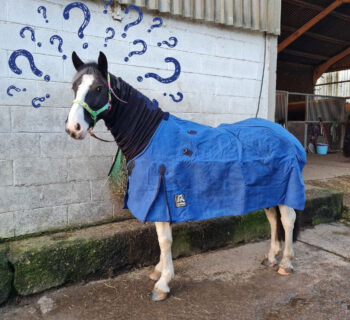Puppies: adorable, clumsy, and completely overwhelmed by... everything. From vacuum cleaners to the shadow of their own tail, life as a young dog is basically a series of confusing emotional events.
If you’ve recently welcomed a furry little chaos machine into your life, here’s how to help them grow into a calm, confident companion — without needing a therapist (for you or the dog).
Puppies Feel All the Feelings, All the Time
Puppies don’t come with a mute button. They bark, cry, and chew as they figure out what’s scary, what’s fun, and what’s furniture. But behind the zoomies and tail-chasing, there can also be a lot of nervous energy.
Early signs your puppy might be overwhelmed:
- Excessive panting or whining when nothing’s happening
- Jumping or flinching at every sound
- Trouble settling down (aka: the 11 p.m. “gremlin mode”)
- Clinginess that goes beyond cute
It’s not about misbehaving — they’re just trying to survive a very stimulating world with zero coping skills.
Build Calm Into Their Routine Early
Now’s the time to shape the behavior you want long-term. A relaxed adult dog starts with a well-supported pup. Here’s how to help them chill:
- Short, positive exposures to new sounds, smells, and environments
- Regular downtime (yes, puppies need naps — lots of them)
- Gentle handling and basic training to build trust
- Predictable routines so they know when to eat, play, and rest
A confident dog isn’t one that’s been toughened up — it’s one that’s been consistently supported.
When You Need a Little Extra Help
Let’s be real: even the best routines get thrown off. Maybe the neighbour starts jackhammering during nap time. Maybe the doorbell rings 47 times in one day. When your pup is bouncing off the walls (or hiding under the couch), a little backup can go a long way.
Some owners turn to calming dog treats made with natural ingredients, especially during stressful events like vet visits, car rides, or training days. They can help take the edge off without changing your pup’s personality — just make things a little less much.
The Long Game: Confidence Through Calm
Your puppy doesn’t need to be fearless. They need to feel safe enough to explore the world without panic. By teaching calm as a core skill, you’re giving them the best shot at becoming the chill, happy dog that makes people say, “Wow, I wish my dog acted like that.”
And honestly? You might sleep better, too.








